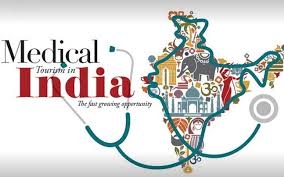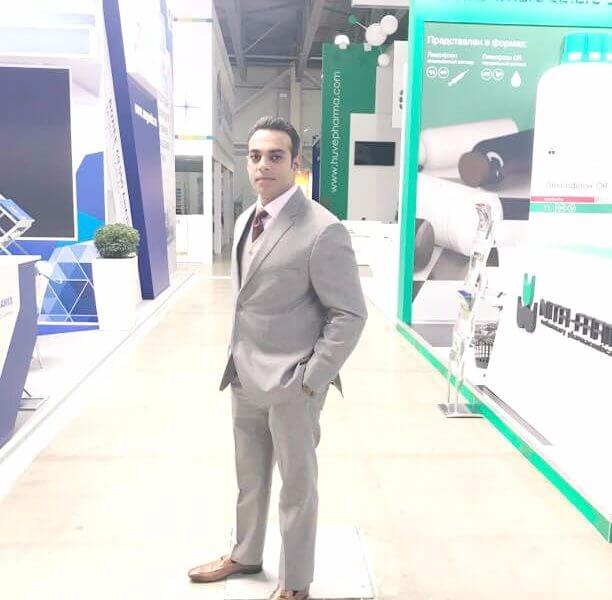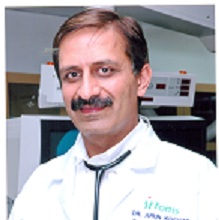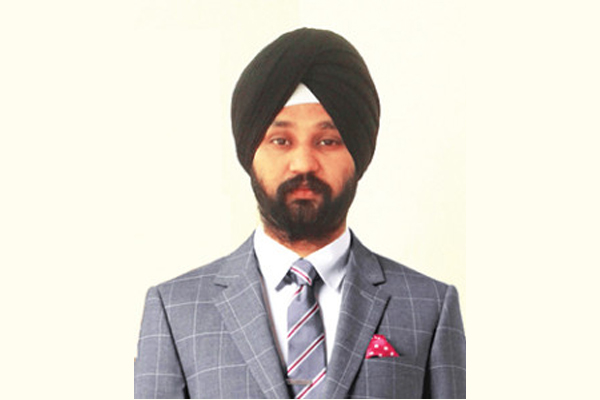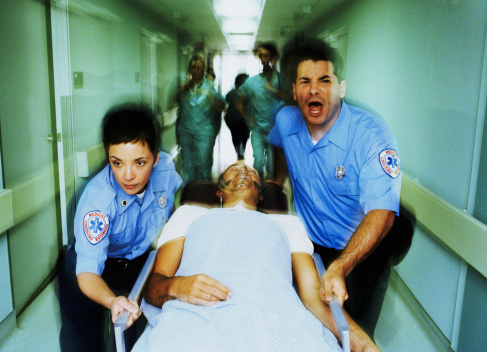
 The multi-drug chemotherapy regimens effectively fight cancer micro-metastasis, a complex process that causes cancer cells to spread from their site of origin and form distant tumors too small for doctors to detect, and cure various cancers, says Dr Pawan Agarwal, Senior Consultant, Medical Oncology Department, Bhagwan Mahaveer Cancer Hospital & Research Centre (BMCHRC) in this insightful article.
The multi-drug chemotherapy regimens effectively fight cancer micro-metastasis, a complex process that causes cancer cells to spread from their site of origin and form distant tumors too small for doctors to detect, and cure various cancers, says Dr Pawan Agarwal, Senior Consultant, Medical Oncology Department, Bhagwan Mahaveer Cancer Hospital & Research Centre (BMCHRC) in this insightful article.

Depending upon the kind and stage of cancer, there are multiple treatment plans available. Few common treatments for cancer include surgery, radiation therapy, chemotherapy, immunotherapy, targeted therapy, hormone therapy, stem cell transplant, and precision medicine. While some people will have only one treatment, others have a combination of treatments, such as surgery with chemotherapy and/or radiation therapy.
More than one method of treatment is called combination therapy or multimodality therapy. After years of trial and research, doctors discovered that the key to fight cancer effectively is combining several treatments. Cancer patients are observed to have better survival rate when they are given combination of treatment therapies rather than just one type of treatment.
Udaipur resident Ram Kishan was diagnosed with throat cancer which he got operated. However, after a year, when he again underwent medical checkup, it was found that a new lump has come up at the same place.

This time Ram Kishan planned to visit Bhagwan Mahaveer Cancer Hospital in Jaipur for his treatment. He was treated by combining three different methods of treatment (i.e. chemotherapy, radiation and surgery) and successfully defeated cancer. Due to increase in cancer cases, multiple hospitals have come up but treatment by all the three methods under one roof are not yet available.
The multi-drug chemotherapy regimens effectively fight cancer micro-metastasis (a complex process that causes cancer cells to spread from their site of origin and form distant tumors too small for doctors to detect) and cure various cancers.
While different and effective modalities are available for various cancers cure; early diagnosis and detection is crucial to allow optimal treatment plan, or else it may compromise the cure potential for some tumours. Since surgeons play a key role in the care of cancer patients, they must maintain a sound knowledge of multimodality therapy for the cancers that they treat.
While various studies have reported positive findings for varied multimodal therapies, each patient is likely to respond differently and may require customized treatment combinations.
Out of total cancer cases reported in Rajasthan, breast, blood, lung and head/neck cancers constitute 80 per cent. Recurrence at the primary site is an important cause of morbidity and mortality in head and neck cancer. Majority of breast and head/neck cancer patients require treatment by all the three methods, i.e., chemotherapy, surgery and radiation. But since all these three methods are not available under one roof in most of the hospitals, hence patients are being referred from one hospital to another which not only delays the treatment process but also increases the chances of spreading of disease.
Although there are some centers of excellence providing multimodality protocol-based treatment, the vast majority of patients undergo inadequate and inappropriate treatment due to lack of high-quality infrastructure and sometimes skills, and above all financial resources. In the coming years, the most important steps needed are creating awareness about cancer risk factors, early detection, along with making screening available to the population at risk, and providing multimodality treatment available to the majority at an affordable cost.
Lately, newer experimental therapies such as immunotherapy and photodynamic therapy, alongside existing traditional therapies are being used which has improved patients survival rate and overall quality of life.
Nano medicine as a multimodality treatment of cancer is the latest evolution in this field. The advantage of nano delivery system is that it simultaneously delivers different agents to the active site, causing a special interaction between the agents, which cannot be achieved by traditional medicine.
Listed are few factors that need to be considered before determining the right multimodal therapy treatment plan for a cancer patient:
- Cancer stage
- Histological subtype (cell type of the tumour)
- Extent of cancer spreading beyond one organ to another
- Lymph node involvement
- Overall health of patient
- Potential complications, such as underlying heart disease, bone etc
- Resection margins, the amount of cancer left behind after surgery
- Toxicity of treatment
- Affordability and social support
Be a part of Elets Collaborative Initiatives. Join Us for Upcoming Events and explore business opportunities. Like us on Facebook , connect with us on LinkedIn and follow us on Twitter , Instagram.



